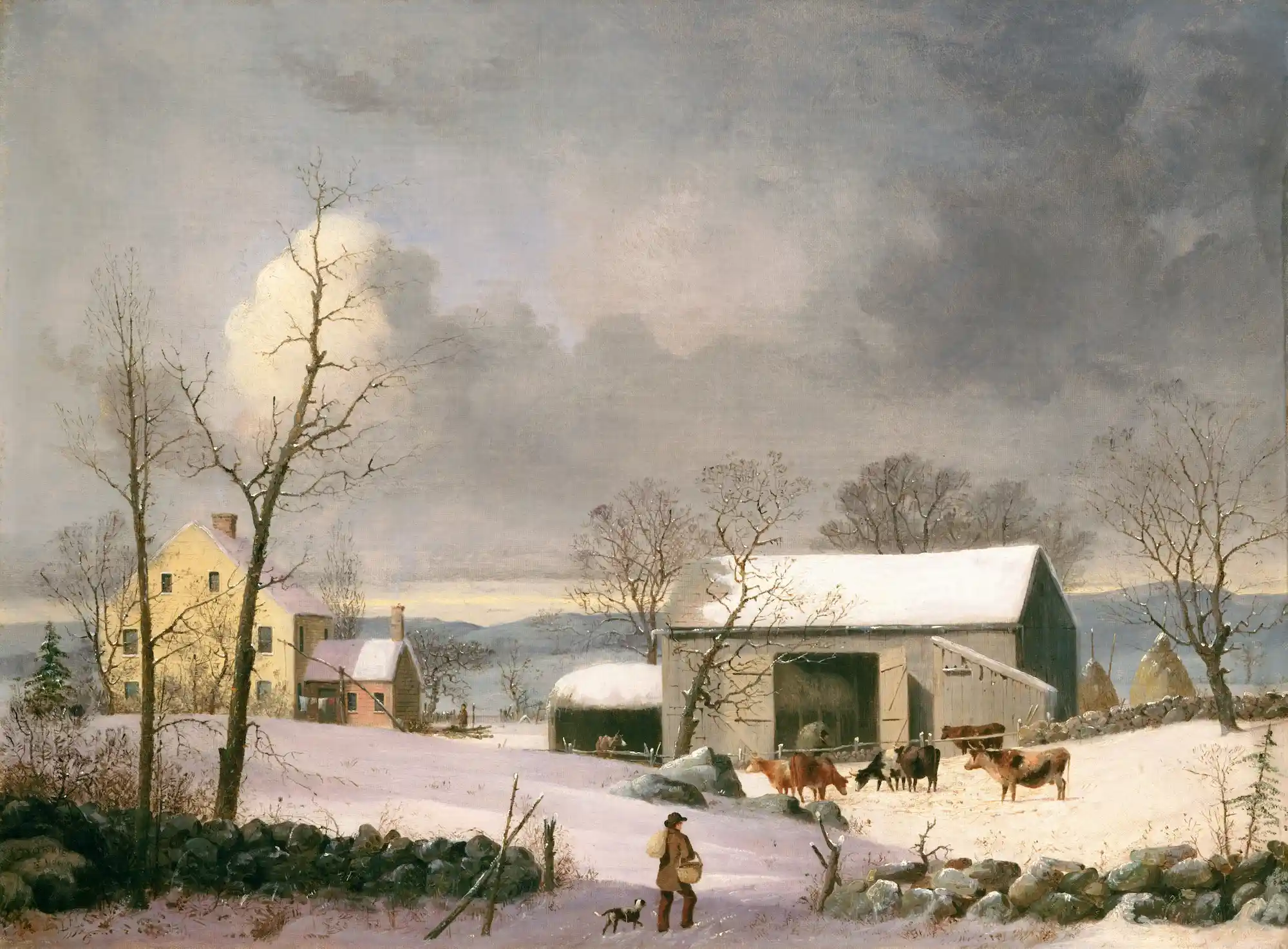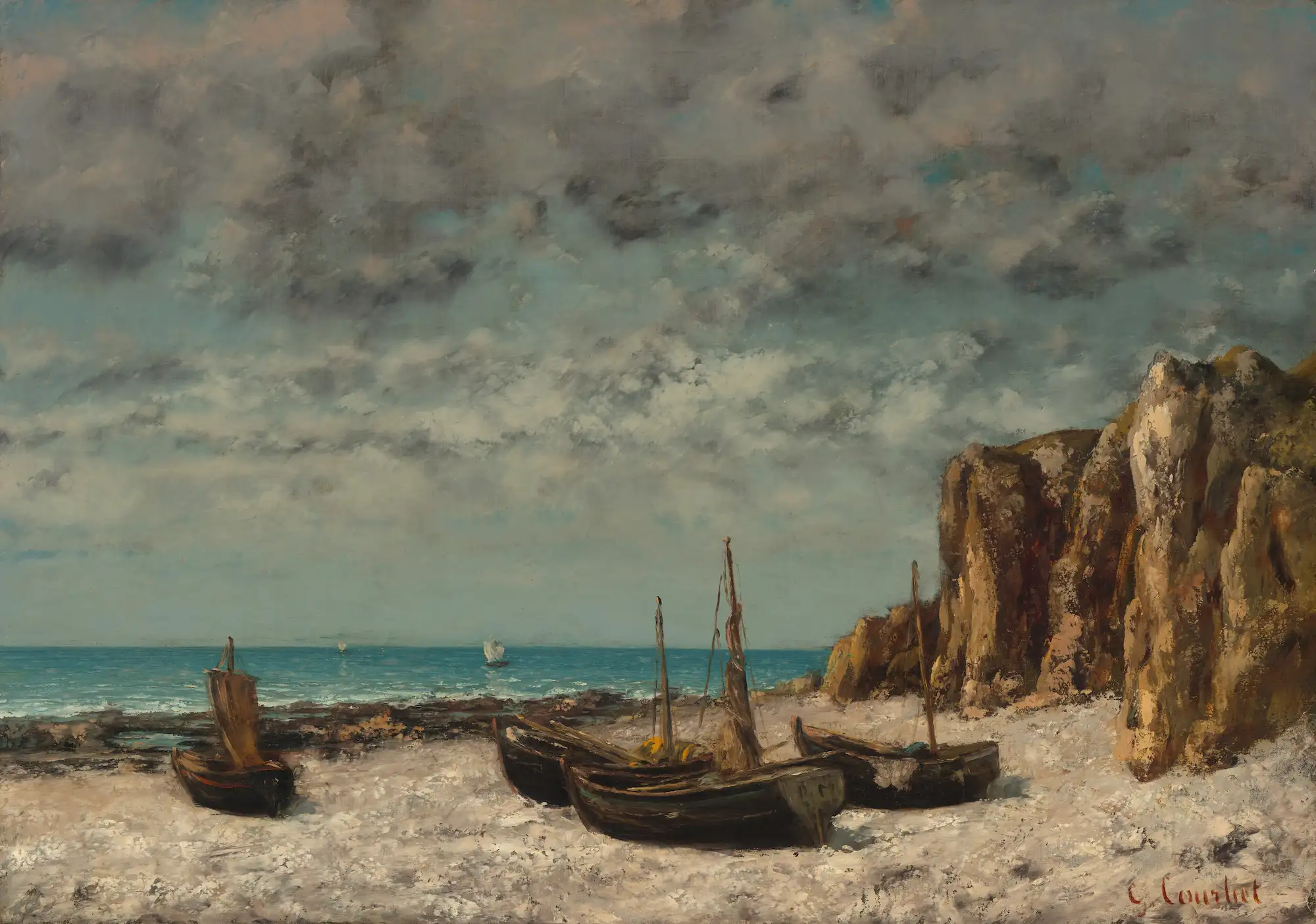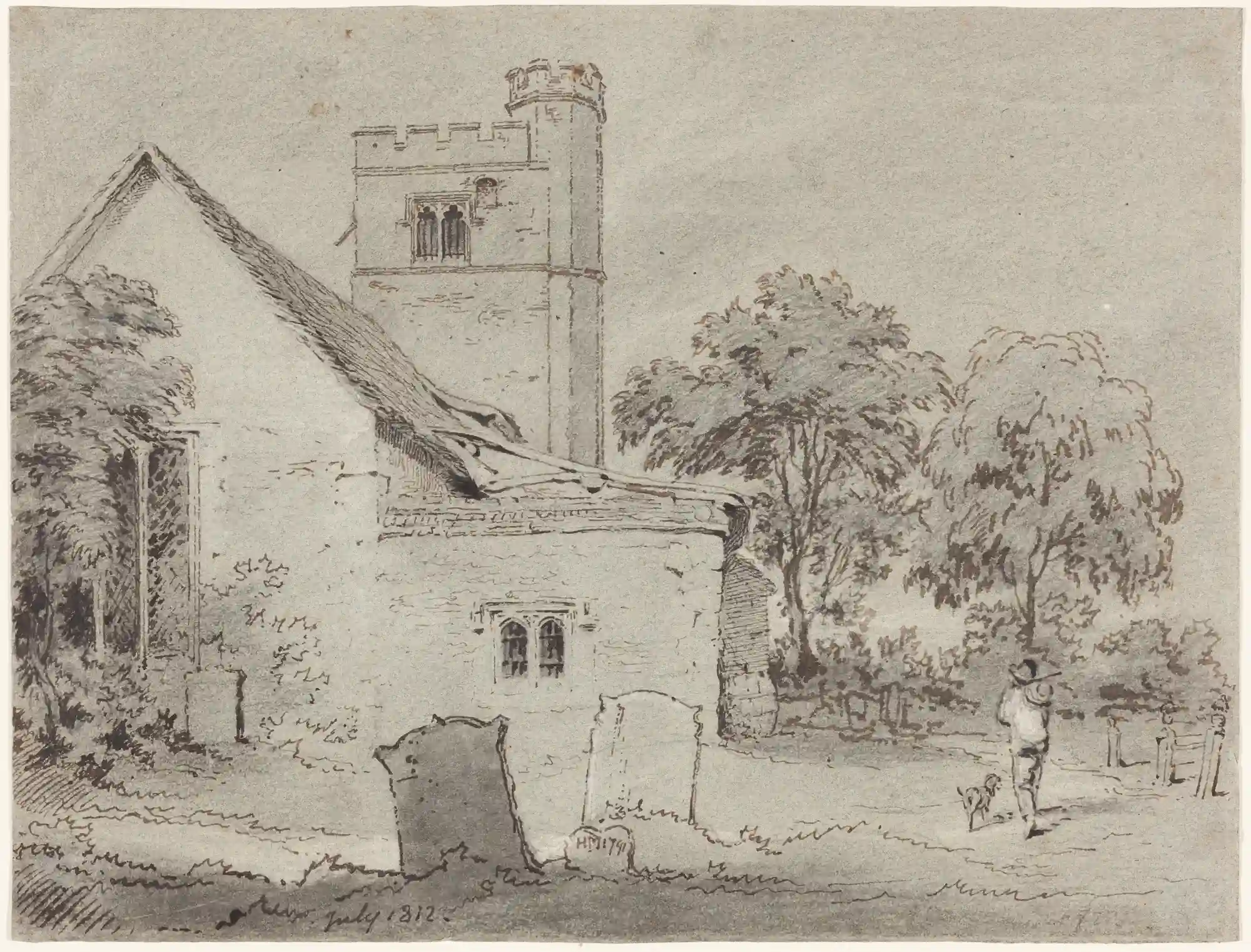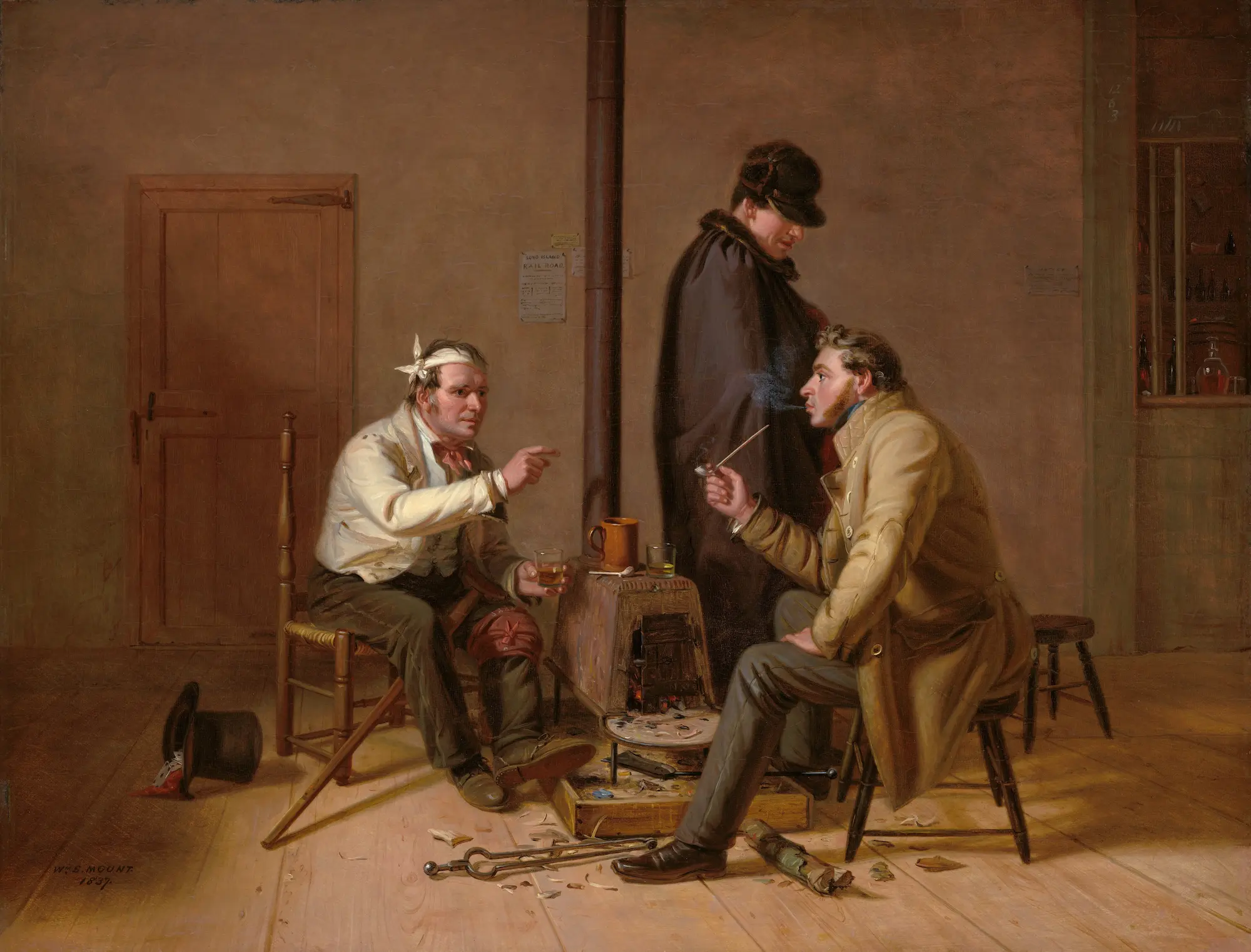
The Old Musician, by Edouard Manet
Kinship of Sesame
My Thaathaa - grandfather in Tamil - is dozing off as I complete a set of ritualized breathing exercises while quietly chanting in Sanskrit. He’s sitting cross-legged next to me and I can see his lips moving silently as he recites Sanskrit verses in a murmur as part of his Pooja - prayer ritual. His eyelids slowly descend with the right one dropping faster, a vestige of a repeat cataract surgery on his right eye. Then his lips slow down and almost stop moving; his lower lip hangs down asymmetrically as the silent chanting tapers off.
“Thaathaa, I’ve completed ten of them,” I say. He doesn’t respond, although his breath lets out a steady, low whistle at every exhale. ‘Thaathaa!’ I call out louder. He wakes up with a mild shudder and proceeds to teach me the next step, a preface to meditation by repeating the Gayathri chant. We start with the tip of my ring finger touching the top of my head, the location of the topmost chakra, and move on.
I was nine years old and I would sit with Thaathaa - at dawn, at dusk and mid-afternoon - to learn the sandhya-vandanam, a thrice-a-day prayer ritual. I had just undergone my thread ceremony, the initiation into a period of sacred and secular learning that is traditional among Hindu Brahmin boys - something akin to a bar mitzvah or confirmation. He was my guide into a mysterious world of Sanskrit and a link to a cultural past that seemed timeless. It was my family’s equivalent of a grandfather teaching his grandson to fly-fish.
A few years later, I’m twelve years old and it is the day for Thaathaa’s father’s shraddham or death anniversary. My great-grandfather died on the eighth day of the fortnight of the waxing moon in the fourth month of one of the many Hindu calendars in use. This is one of two days of the year - the other being his mother’s death anniversary - when Thaathaa does not wear his bindi - the red vermilion dot on his forehead - as soon as he showers in the morning. He waits until later in the day after the rituals are complete. It is a weekend day and I’ve been instructed to stay next to Thaathaa and watch what he does. As part of the ritual, Thaathaa places three balls of cooked rice in a column on a large plate - one ball of rice for his father, the next for his paternal grandfather and the third for his great-grandfather. He recites their names while offering them their annual sustenance in the afterlife. There’s a parallel column of three balls for his mother, grandmother and great-grandmother and a single ball between these columns for any forgotten ancestors. Then, he takes black sesame seeds and anoints each ball with it, touching the top of each ball with the tips of his fingers and reciting the name of the ancestor it is for. It’s as if the sesame seeds allow him to transcend time and space and touch his ancestors in the afterlife -to affirm his kinship and pay a tribute to those who played a part in giving life to him. Thaathaa tells me that when he passes on and my father feeds his three preceding ancestors, Thaathaa’s great-grandfather and great-grandmother will attain salvation. It sounds like a distant story, and to my twelve year old mind, the entire exercise seems like a tiresome duty.
After a few more years, Thaathaa is almost ninety years old. I’m a perpetually annoyed teenager. He still sits cross legged on the floor for over three hours of prayer and meditation each day, along with the odd nap or two worked in. His frame has shrunk and his back is stooped. His walk is a shuffle with a side to side wobble. Gravity is pulling parts of him closer to earth in an embrace his body cannot reject. He has changed in other ways that make my teenage self embarrassed to be seen around him. He wears the same clothes repeatedly until someone convinces him to change. The bindi on his forehead is now placed higher in the middle of his forehead instead of being closer to the spot between his eyebrows, as it was earlier. It has gotten bigger and more noticeable, inviting bigger stares. When I’m around him in public, I consciously try to look away when people stare at him. By not meeting their gazes, I feel that I distance myself from what Thaathaa looks like.
I have an orchestra performance at school. There’s a reception at the end for family members to mingle. Thaathaa has attended every one of the performances since I started playing string instruments. His hearing is not good now and he often forgets to wear his hearing aids. I’m annoyed when I cannot find the cufflinks that I need for my orchestra outfit. My mother reminds me that she had asked me to get my outfit together over the weekend. I don’t take kindly to that. I snap at my parents and announce that we should not take Thaathaa with us to the performance since he can’t hear much anyway. I rein in my tongue when I am about to blurt out that he embarrasses me in public. My parents tell me that that is not a nice thing to say and that Thaathaa will come with us. My parents’ reaction makes me feel guilty about my outburst, but I bury it in my anger.
After the orchestra performance, my father asks me if I remember Thaathaa from when I was a young child. I was tiny and Thaathaa was strong enough to lift me. I liked curling up and sleeping next to him. My parents would not allow me to share their bed but Thaathaa was happy to and did not mind me kicking him in my sleep. I would collect my toys in grocery store bags at bedtime and Thaathaa would help me carry the bags upstairs to his bedroom. He would tell me fantastic stories of heroes, gods and demons after he turned off the lights. The magic of the Ramayana, the Mahabharata and many other ancient Sanskrit stories would come to life in that darkened room. Sometimes, I would ask him for several stories until I fell asleep. When I try to remember, the details are hazy, but I can easily recall the feeling of security I had when I was around him. I tower over him now; I’ve grown and he has shrunk. We have both been transformed by the inevitable alchemy of the arc of time - I by its rising arm and he by the setting one.
I felt chastened by being reminded of how Thaathaa was there for me when I needed him. He was my security blanket when the world was big and scary. Before I started school, the rooms in our home circumscribed my universe. The sounds of Thaathaa’s routine, like the times he would ring a small brass bell before he made offerings as part of his daily Pooja, formed part of the soundtrack of my early childhood. The dialogues in my life’s movie then were in Tamil, spoken to me by my parents and Thaathaa, and Spanish, spoken by my nanny, with very few intrusions in English. School brought with it English and an outside world that was different and wider than what I had been wrapped in. The salt water of the wider world silently pushed into the fresh water of my old life, and the view of this newer world on the outside started coloring the world inside my home differently. With puberty, I became a judgmental teenager painting an otherness on those who were and that which was mine. I slowly realized that I couldn’t stop myself from growing or changing, but I could do so with more self awareness. I did not have to be a Peter denying Jesus. The ravages of time on Thaathaa could be seen as medals to be proud of rather than wounds to be ashamed of. His old world traditions could be seen as a cultural treasure instead of as a tiresome relic, and duty carried out diligently can be the truest form of love.
I think the ultimate test of my love for Thaathaa will be when, one day, a son of mine becomes the last of Thaathaa’s descendents to place one of those three balls of rice, names him and uses sesame seeds to reach across the past to feed Thaathaa’s soul, acknowledging once every year the magic he brought to life to feed his grandson’s dreams each night.
June 27, 2024
About the writer
Neelan Krishna is a rising senior at Highland Park High School in Dallas, TX. His work has been published in the Boston Globe and The Globe and Mail.
Further considerations


Lament of the Perfectionist
I am building a boat in the basement // and there are still so many details to work out.

The Grief Lexicon
I opened your bag today. The orange one Mrs. A gave you on your last birthday, the one with the gold buckle you said made you “feel like a senator’s wife.” I don’t know why I was reaching for it.
